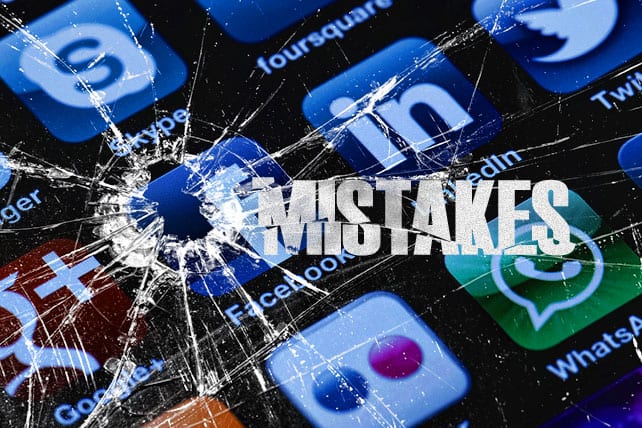Social media is here to stay. Facebook, Twitter, LinkedIn, Periscope, Blab, blogs and other forms of social media continue to dominate communication. According to Pew Research (as of September 2014) 71 percent of online adults use Facebook, 23 percent use Twitter, 26 percent use Instagram and 28 percent use Pinterest. Teens prefer Facebook (71 percent), Instagram (52 percent), Snapchat (41 percent), Twitter (33 percent), G+ (33 percent) and Vine (24 percent). Around 6.7 million people worldwide in 2014 published on a blog. Millions and millions more read blogs. One 2012 estimate was 25 billion blog pages were viewed each month. Facebook and YouTube have hosted national political debates.
Sporting events, broadcast television shows, and political programming all use hashtags to create community around the event. People who will never meet are able to participate in conversations together because of social media.
Yet, despite the amount of available help for people on social media, and the overwhelming impact social media is having on our culture, many pastors make these five mistakes.
1. Not being on social media
A pastor who is not on social media could be compared to a pastor not using the telephone, computers or microphones when they preach. Social media gives each pastor the equivalent of their own TV station, radio station and printing press. This is one area of our culture pastors cannot afford to sit-out. The potential reach of social media is far more than the average pastor will personally minister to personally in their lifetimes.
2. Not being consistent
Pastors need not be involved in every social media platform in order to been effective in one or more. Consistency is a big factor. Logging into Facebook every week or two, or tweeting once a month is nearly pointless. People prefer engagement, which requires consistency. A post on your blog at least three times a week, sharing good content on Facebook or Periscoping a summary of your sermon Sunday afternoon can be very effective.
3. Going on the attack and staying there
Sometimes people use social media as their outlet to attack everything they don’t like. They have been called “keyboard warriors.” Taking to social media as one’s sole means of complaining about politics and society is a bad strategy. We need to be known more for what we are for rather than what we are against. Being constantly on the attack can drive away the very people who need to be reached with the gospel.












